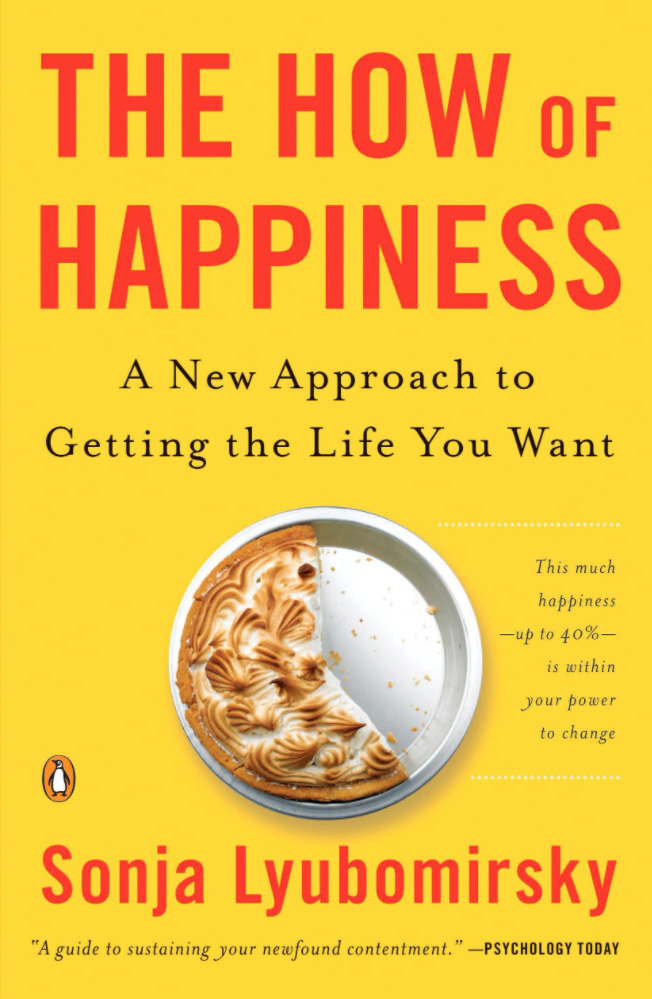New Executive Director of Integrated Health and Wellness Bob Samuels is building a culture that values physical and mental well-being.
Positive Psychology

A recently introduced liberal arts class developed by Associate Professor Jennifer Prewitt-Freilino addresses the emotional well-being of students at RISD. In addition to the core studio learning experience, she notes that “students need to have the mental space to engage in intellectual conversations, lectures and cultural experiences, which can impact how they think and relate to others for the rest of their lives.”
Prewitt-Freilino introduced the popular History, Philosophy + the Social Sciences class—Positive Psychology—in 2018 and adapted it last fall into an online offering. “I also teach a class about the negative side of human nature, Psychology of Evil, in which we ultimately talk about how to make the world a better place with less violence and aggression and fewer biases and stereotypes,” she says. “This class kind of turns that focus on its head.”

The field of study is relatively new compared to other aspects of psychology, in part because it’s easier to understand the evolutionary reasons for negative emotions like fear, which triggers the much-studied fight or flight response. But scholars began focusing on such positive emotions as joy, contentment and love in the late 1990s in response to a boom in self-help books with little or no scientific research supporting them.
Social psychologist Barbara Fredrickson, for example, studied positive emotions and the actions they trigger (such as playing, getting involved and making plans for the future) and determined that their evolutionary function is to build an individual’s resources for survival. Experiencing a broader scope of awareness, she posits, leads to building positive relationships “that might later make the difference between surviving and succumbing to various threats.”

And while some of the readings Prewitt-Freilino assigned touch on the notion of happiness, the overall focus of her class is more on finding meaning in life as well as developing interpersonal relationships and empathy. “Different exercises and interventions for improving well-being and navigating life’s ups and downs resonate with different people,” she says.
Grad student Zheng Yao MA 21—who is earning her master’s degree in RISD’s Teaching + Learning in Art + Design department while based in China—found comfort in an exercise called Three Good Things, in which participants write down three things that went well in their lives each day just before going to bed. “All the good words like happiness, meaning, grit, perseverance, self-esteem and flow really filled my fall semester with positive power,” she says.

Despite the freezing temperatures in some of their home locations, many students took to a daily, 20-minute “savoring walk” in which they focused on the beauty—natural or built—of their surroundings. And they found journaling to be another great way to reframe negative past experiences and free themselves to focus on the positive in the present.
“Even before the pandemic, mental health crises abounded nationwide,” says Prewitt-Freilino. “There’s no question that we need to look at the aspects of our culture that are contributing to that, but it’s also important for individuals to build positive practices into their daily routines.”
—Simone Solondz
February 1, 2021


